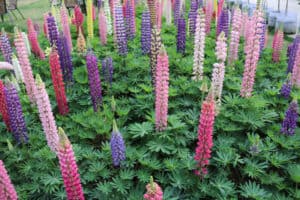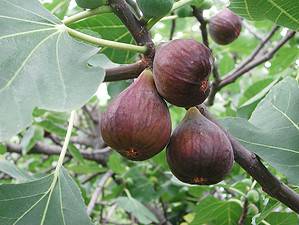French and Spanish lavender are both stunning lavender plants known for their bright purple color and wonderful aroma. They are both evergreen herbs that are widely grown as ornamental plants. However, they have an incredibly similar appearance, and it can be difficult to tell them apart. But don’t worry, as we’ll explore everything you need to know about French lavender vs. Spanish lavender!
Comparing Spanish Lavender vs. French Lavender
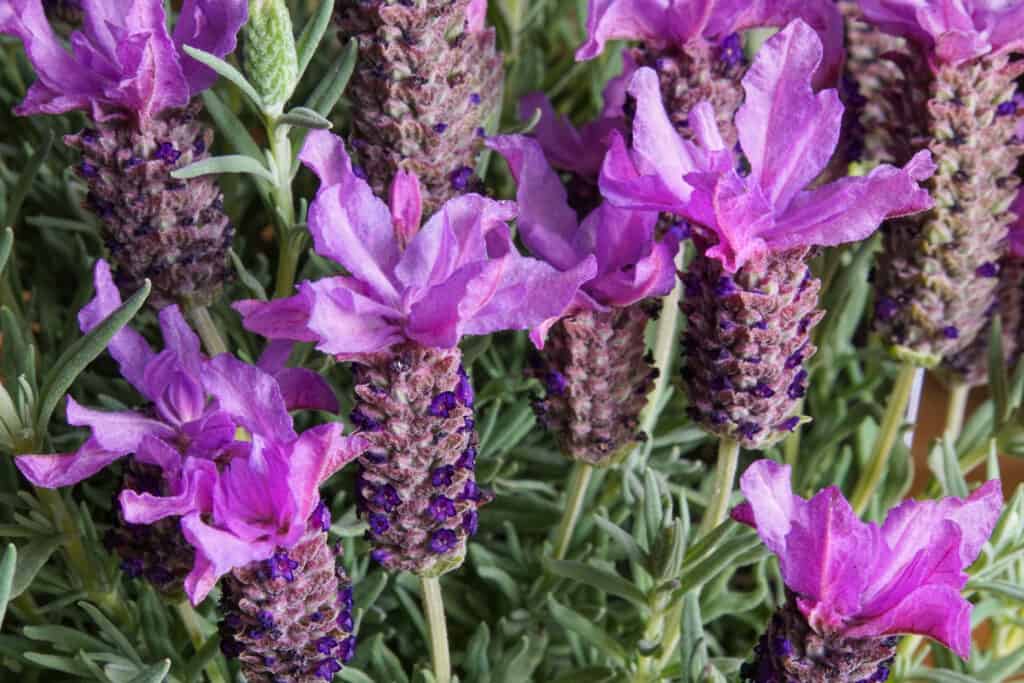
Spanish lavender flowers are produced on the top of leafless stems.
©iStock.com/13threephotography
| Spanish Lavender | French Lavender | |
|---|---|---|
| Species | Lavandula stoechas | Lavandula dentata |
| Alternative Names | Topped lavender, French lavender (UK only) | Fringed lavender, butterfly lavender |
| Origin | Spain, France, Portugal, Italy, Greece | The Mediterranean, Atlantic islands, the Arabian peninsula |
| Size | Height – 12 to 18 inches Width – 18 to 24 inches | Height – Up to 36 inches Width – Up to 60 inches |
| Flower Color | Pink to purple | Lilac purple |
| Leaves | 0.4 – 1.4 inches, straight | Narrow, toothed edges |
| Flower Appearance | Dense, cylindrical heads, upright petals | Short petals on narrow spikes |
| Bloom | Spring and early summer | Mid to late summer |
| Cold Tolerance | Zones 7 to 9 | Zones 8 to 9 |
The 4 Key Differences Between French Lavender and Spanish Lavender
The main difference between French and Spanish lavender is the appearance of their leaves. Spanish lavender has straight leaves, while French lavender has leaves with “toothed” edges. The other differences between these two lavenders include their size, the color of their flowers, when they bloom, and how well they tolerate the cold.
There is often some confusion between Spanish and French lavender because they look so similar, but this is often exacerbated by how they sometimes go by different names depending on their country. Spanish lavender (Lavandula stoechas) tends to go by the name “French lavender” in the UK, while outside that country, it goes by Spanish lavender.
French Lavender vs. Spanish Lavender: Size
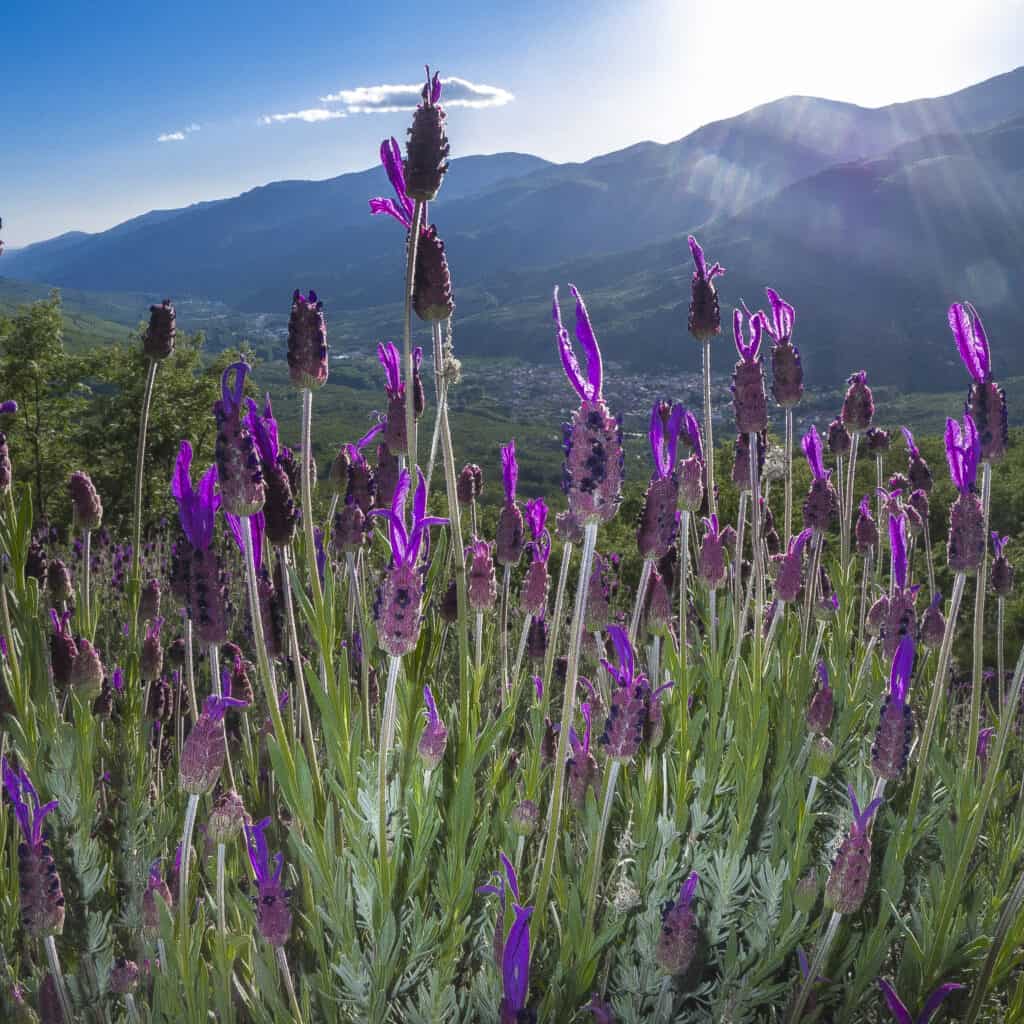
French lavender (
Lavandula dentata) reaches 3 feet tall and can spread to an impressive width of 5 feet.
©iStock.com/cesarmartintovar
One of the main differences between French and Spanish lavender is their size. Spanish lavender grows to a height of between 12 and 18 inches and a width of 18 to 24 inches. However, French lavender is much larger and bushier. It reaches 3 feet tall and can spread to an impressive width of 5 feet.
French Lavender vs. Spanish Lavender: Leaves
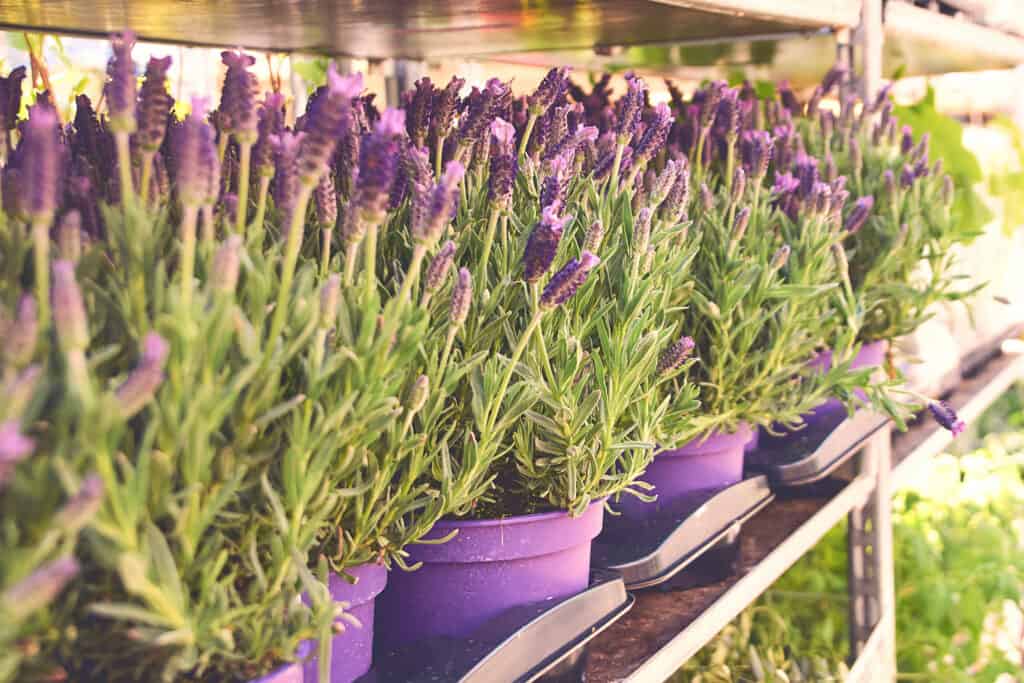
Spanish lavender has straight, narrow leaves which are 0.4 to 1.4 inches long.
©iStock.com/Berezko
The most noticeable difference between French and Spanish lavender and one of the easiest ways to tell the two plants apart is the appearance of their leaves. Both are evergreen, so their leaves remain green throughout the year. Spanish lavender has straight, narrow leaves which are 0.4 to 1.4 inches long. However, French lavender has narrow leaves with toothed edges. This is where French lavender gets its scientific name, as dentata literally means “toothed.”
French Lavender vs. Spanish Lavender: Flowers
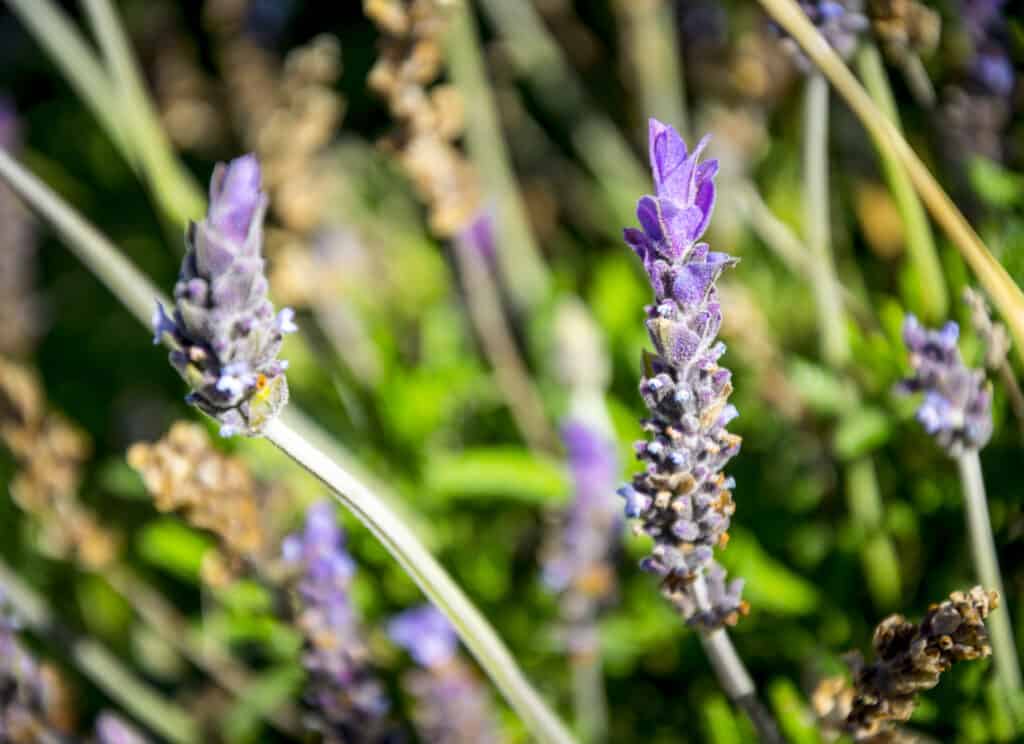
French lavender blooms mid to late summer and produces stunning lilac purple flowers.
©iStock.com/Tanaonte
Another difference between these two plants is the appearance of their flowers and when they appear. Spanish lavender flowers are produced on the top of leafless stems. They appear as a distinctive dense, cylindrical flowerhead topped by petals in a noticeably upright position. Spanish lavender blooms in spring and early summer with brilliant pink to purple colored flowers.
French lavender blooms mid to late summer and produces stunning lilac purple flowers. They are produced on short, narrow spikes on leafless stems. French lavender develops small flowers up the flower spike and is topped with larger petals at the top. Although this may seem somewhat similar to Spanish lavender, the noticeable difference comes in the size of the petals in the upper portion of the flower spike and the absence of the small flowers up the spike of Spanish lavender.
French Lavender vs. Spanish Lavender: Cold Tolerance
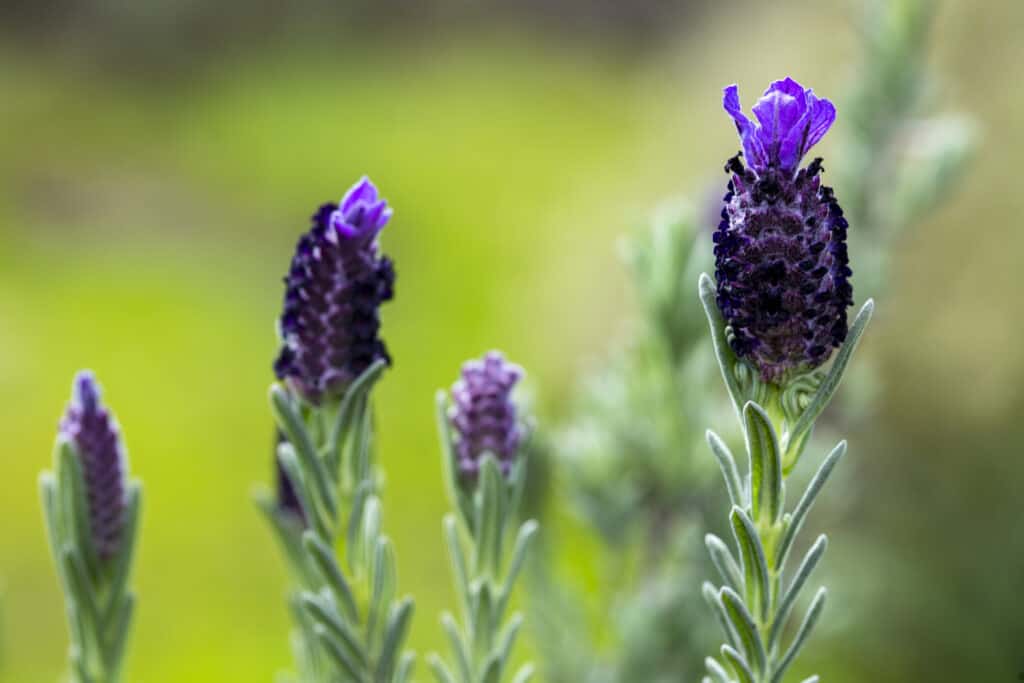
Spanish lavender is slightly hardier than French lavender and is suited to zones 7 to 9.
©iStock.com/Esin Deniz
The final difference between Spanish and French lavender is their cold tolerance. French lavender is not particularly hardy and thrives best in zones 8 to 9. However, it needs to be protected from excessive wet weather during the winter. Spanish lavender is slightly hardier than French lavender and is suited to zones 7 to 9. Anything colder than this puts it at serious risk of dying during the winter.
Up Next
The photo featured at the top of this post is ©
FAQs (Frequently Asked Questions)
Are Spanish and French lavender harmful to pets?
Yes, despite their pretty and colourful appearance, both Spanish and French lavender can be incredibly harmful to our furry friends. This is because they contain the substance linalool which is harmful to animals such as cats and dogs.
What are French and Spanish lavender used for?
Like all lavender plants, French and Spanish lavender produce an oil which has a wide range of uses around the world. Lavender oil is hailed for its relaxation effects and is often used to help alleviate stress and anxiety. In other places it is also used to treat minor ailments such as bug bites and stings.
Are Spanish and French lavender easy to grow?
Yes, most lavenders are easy to grow and both Spanish and French lavender are classed as being ideal plants for beginners to grow. The most important thing to remember about growing lavender is that they need well drained soil and plenty of sun for them to thrive.
Is lavender a perennial or an annual?
In most cases lavender is a perennial plant – particularly if it is in well-drained soil. This means that your lavender plant will keep growing back every year!
Thank you for reading! Have some feedback for us? Contact the AZ Animals editorial team.



